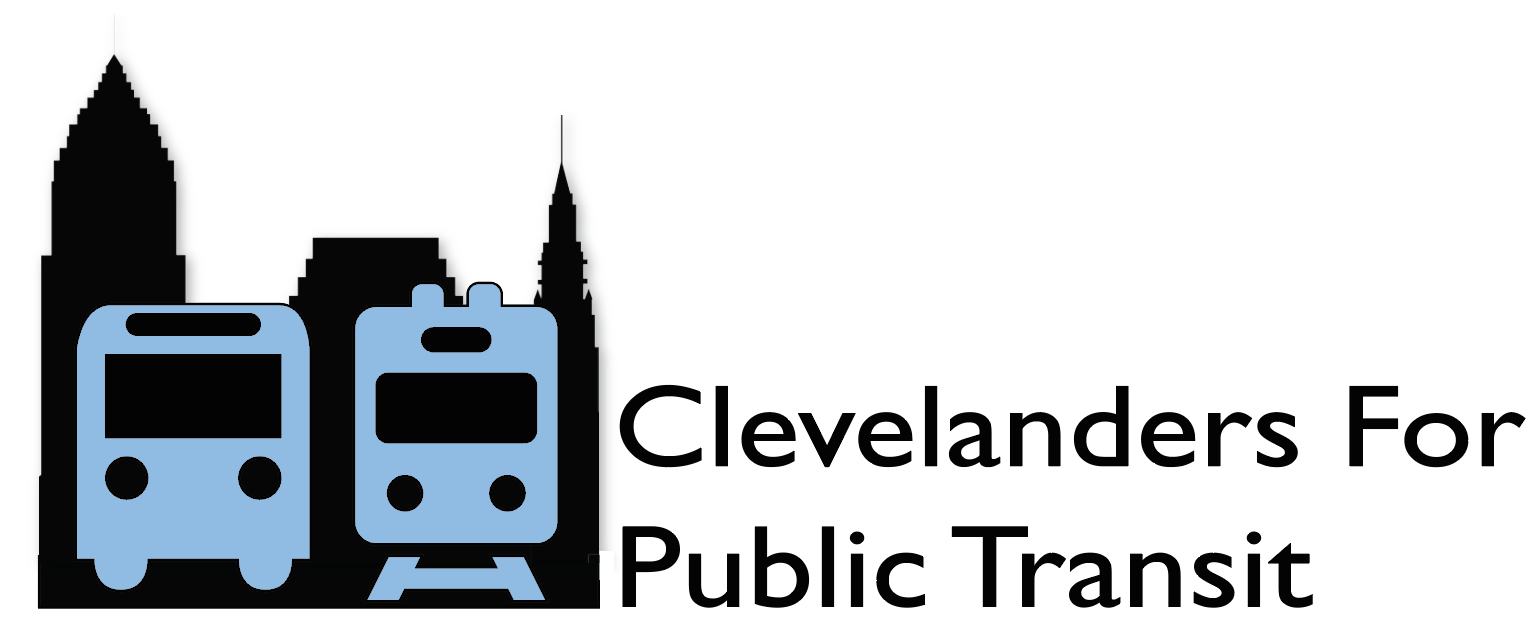GCRTA Riders File Title VI Complaint
Closing Public Square causes a disparate impact to African Americans. FTA currently investigating.
African Americans in Cuyahoga County disproportionately rely on public transit. While Cuyahoga County is approximately 30% African American, over 70% of GCRTA bus riders are African American. Moreover, African Americans are over five times more likely to take public transportation to work in Cuyahoga County.
Title VI of the Civil Rights Act of 1964 prohibits recipients of federal transportation funds from denying a person from participating in or benefiting from services on the basis of race, including when determining the location of transit facilities such as transit lanes, bus stops, and bus shelters.
In 2014 RTA estimated that 40,000 daily bus riders were served by bus routes at Public Square, 30,000 daily riders served at the Tower City Rapid station, and that as many as 50 percent of riders connected between modes. RTA has indicated that 43% of buses that pass through Public Square are delayed as a result of the closure of Superior Avenue through Public Square. This has a severe impact on riders because missed connections result in significantly longer trip times. Given the infrequent nature of many of RTA’s routes, this could mean waiting as long as an hour for the next bus and a late arrival to work.
Furthermore, many riders experience longer walks to connecting buses since all non-HealthLine stops have been displaced to bus stops outside of Public Square, many of which have crumbling sidewalks, lack reliably functional street lighting, and are often left uncleared of snow. This imposes an additional burden on riders, especially mobility and vision impaired riders.
Additionally, whether intentional or not, the displacement of bus riders to stops outside of Public Square has effectively segregated the heart of downtown Cleveland by displacing transit users from Public Square. While Public Square used to be more representative of Cleveland, today’s Public Square is largely vacant outside of special events — many of which have no use to transit users who lack the luxury of extra time to indulge in food trucks, farmer’s markets, or carriage rides as they traverse Public Square.
Given that RTA’s ridership consists primarily of African Americans, Mayor Jackson’s refusal to allow RTA to use the transit lanes and bus shelters in Public Square has resulted in a disparate impact to African Americans in Cuyahoga County.
Reopening the bus lanes through Superior Avenue and the bus shelters in Public Square would remedy this disparate impact, improve RTA’s bus operations, and result in Public Square being activated by transit users who have been displaced outside of Public Square.
The Federal Transit administration is currently investigating the claim. If FTA cannot resolve Title VI violations by voluntary means, formal enforcement proceedings may be initiated against the City of Cleveland, which may result in the suspension or termination of federal funds.
Clevelanders for Public Transit has also requested for the Department of Transportation to take several actions including holding public meetings to hear from individuals affected by the closure, to perform an on-site visit, and to require the City to implement a mandatory Title VI training program for all City of Cleveland staff in departments that are recipients of DOT funds. Additionally, DOT may seek compliance through referral to the Department of Justice if the City of Cleveland does not voluntarily reopen Superior Avenue through Public Square.
More information about Public Square can be found here.
